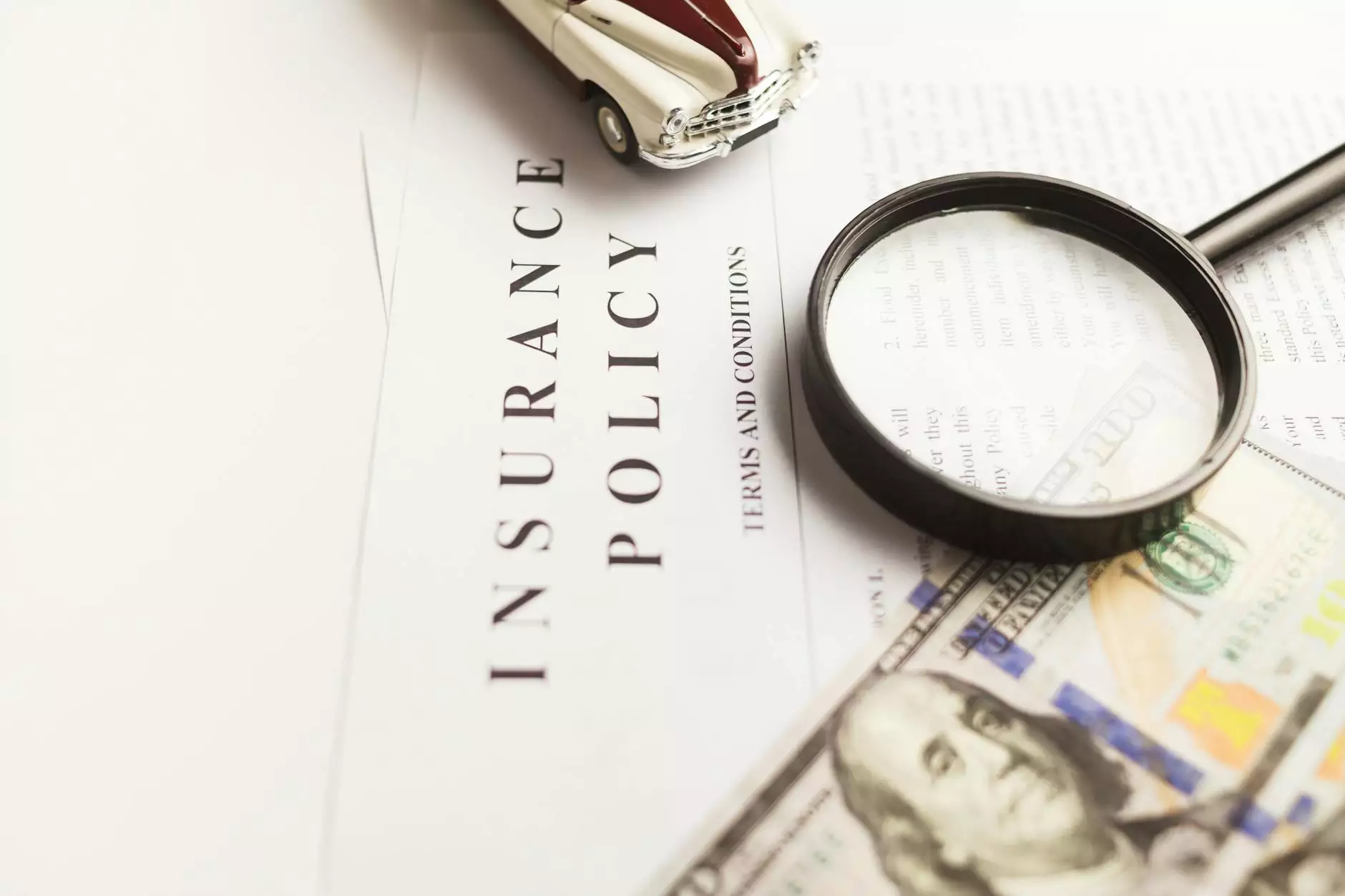Do I File a Claim with MY Auto Insurance, or the Other Driver's?
Car Accident Law
Introduction
When you've been involved in a car accident, one of the most pressing questions you might have is whether you should file a claim with your own auto insurance or the other driver's. Determining the right course of action is crucial to ensure you receive the necessary compensation for damages, medical expenses, and any other losses suffered as a result of the accident.
Understanding Auto Insurance
Before delving into the decision-making process, it's essential to have a clear understanding of how auto insurance works. Auto insurance is a contract between the insured (you) and the insurance company, where you pay a premium in exchange for coverage in the event of an accident.
There are generally two types of coverage relevant to filing a claim: liability coverage and collision coverage. Liability coverage compensates the other party involved in the accident if you are at fault, while collision coverage pays for the damages to your own vehicle regardless of fault.
Factors to Consider
Several factors should be taken into account when deciding whether to file a claim with your auto insurance or the other driver's. Let's explore these factors in detail:
1. Fault
One of the crucial aspects to consider is the determination of fault. If you were responsible for the accident, filing a claim with your own insurance company is generally the appropriate step. Your liability coverage should compensate the other party for property damage, medical expenses, and other losses.
However, if you believe the other driver is at fault, it may be more beneficial to file a claim with their auto insurance. This can help ensure that their insurance company covers the damages without affecting your own premiums.
2. Coverage Limits
Review your auto insurance policy to understand your coverage limits. If the cost of damages exceeds your policy's coverage limit, you may need to file a claim with the other driver's insurance to seek additional compensation.
On the other hand, if the damages are within your policy's coverage limit and you were not at fault, it may be more convenient to file a claim with your own insurance company to expedite the process and receive prompt compensation.
3. Deductibles
Consider the deductibles associated with your auto insurance policy. A deductible is the amount you are responsible for paying out of pocket before your insurance coverage kicks in. If your deductible is high and the damages to your vehicle are relatively minor, it might be better to opt for the other driver's insurance.
The Benefits of Filing with Your Auto Insurance
While each situation is unique, there are several benefits to filing a claim with your own auto insurance:
1. Convenience
Filing a claim with your auto insurance is typically a more convenient process. You are already familiar with your insurance company and have an existing relationship, making it easier to navigate through the claim process.
2. Efficient Claims Handling
Your insurance company has the resources and expertise to handle claims efficiently. They understand the intricacies of the claims process and can help expedite the settlement, ensuring you receive the necessary compensation in a timely manner.
The Benefits of Filing with the Other Driver's Insurance
While there are advantages to filing with your own insurance, there are also instances where filing with the other driver's insurance can be more beneficial:
1. Avoiding Deductibles
If you file with the other driver's insurance and they accept liability, you may be able to avoid paying the deductible associated with your own policy. This can save you out-of-pocket expenses.
2. Potential Premium Increases
Filing a claim with your own insurance could lead to a potential increase in your premiums, especially if you were at fault for the accident. By filing with the other driver's insurance, there is no risk of your insurance rates being impacted.
Conclusion
Deciding whether to file a claim with your own auto insurance or the other driver's is a matter that should be carefully considered. It's essential to evaluate factors such as fault, coverage limits, and deductibles to make an informed decision.
If you're unsure about the best course of action, it is recommended to consult with an experienced auto accident attorney like James D Jones. With deep expertise in personal injury law, James D Jones can guide you through the claims process, protect your rights, and ensure you receive the compensation you deserve.










